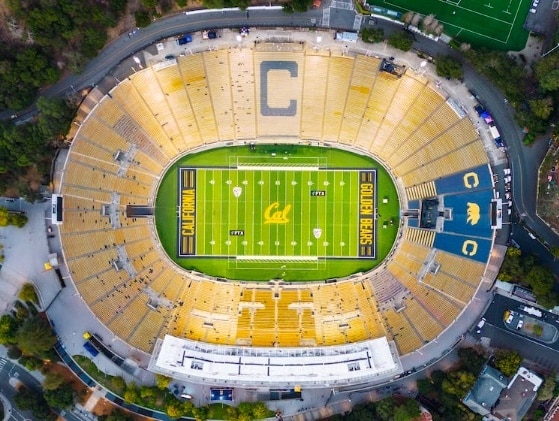The National College Athletic Association (NCAA) asked a federal appeals court panel on Wednesday to reject a legal effort to make colleges pay Division I athletes an hourly wage.
Lawyers for the students have asserted that they deserve a share in the millions of dollars spent on coaches, school administrators and facilities—as well as the billions that networks pay to televise college sporting events—because the athletes often spend more than 30 hours a week at their sport, and that even those on full scholarship often need money for expenses.
They’re not opening up “a bidding war” for top talent, according to attorney Michael Willemin, because the athletes are not seeking pay equivalent to their market value, just a modest across-the-board pay rate similar to those earned by work-study students.
The NCAA has countered by asking the court to uphold the tradition of college athletes as unpaid amateurs. The association’s attorney, Steven B. Katz, has argued that treating athletes like employees “launches you on the edge of a slippery slope that rapidly takes you to someplace that you don’t want to go.”
Katz noted that the costs to attend some of the private colleges involved in the case exceed $70,000 a year. The value of a full scholarship would far outweigh the $10,000 to $15,000 the athletes might earn if they were paid a modest hourly wage. He also asserted that athletic scholarships could become taxable if the students are deemed employees.
Already, however, there have been changes in the so-called “unpaid amateur” status of student athletes by way of endorsement deals. In July 2021 the Supreme Court ruled against the NCAA, ending nearly all of the association’s restrictions on what athletes could earn from the use of their names, images and likenesses. Virtually overnight, student athletes were freed up to make deals with companies and endorse their products.
Since the 2021 high court ruling, student athletes can also accept money from boosters—usually longtime donors, or local businessmen with ties to a university. Such transactions previously would have led to severe sanctions against college sports teams.
At least one person on Wednesday’s panel, U.S. Circuit Judge Theodore McKee, appeared to think at least some student athletes may be employees under the Fair Labor Standards Act, although he acknowledged that such a finding would create “so many practical problems”—for example, which athletes, exactly, would qualify?
“Maybe that’s where we end up—that the quarterback at the SEC [Southeastern Conference] school is an employee and the woman who’s running cross-country track at Alabama, they’re not an employee,” McKee said.
A lower court judge had declined to dismiss the lawsuit before it went to trial, prompting the NCAA to appeal. The three-judge panel did not indicate when it would rule on the policy of pay for student athletes.
Read more exclusive news from Political IQ.


